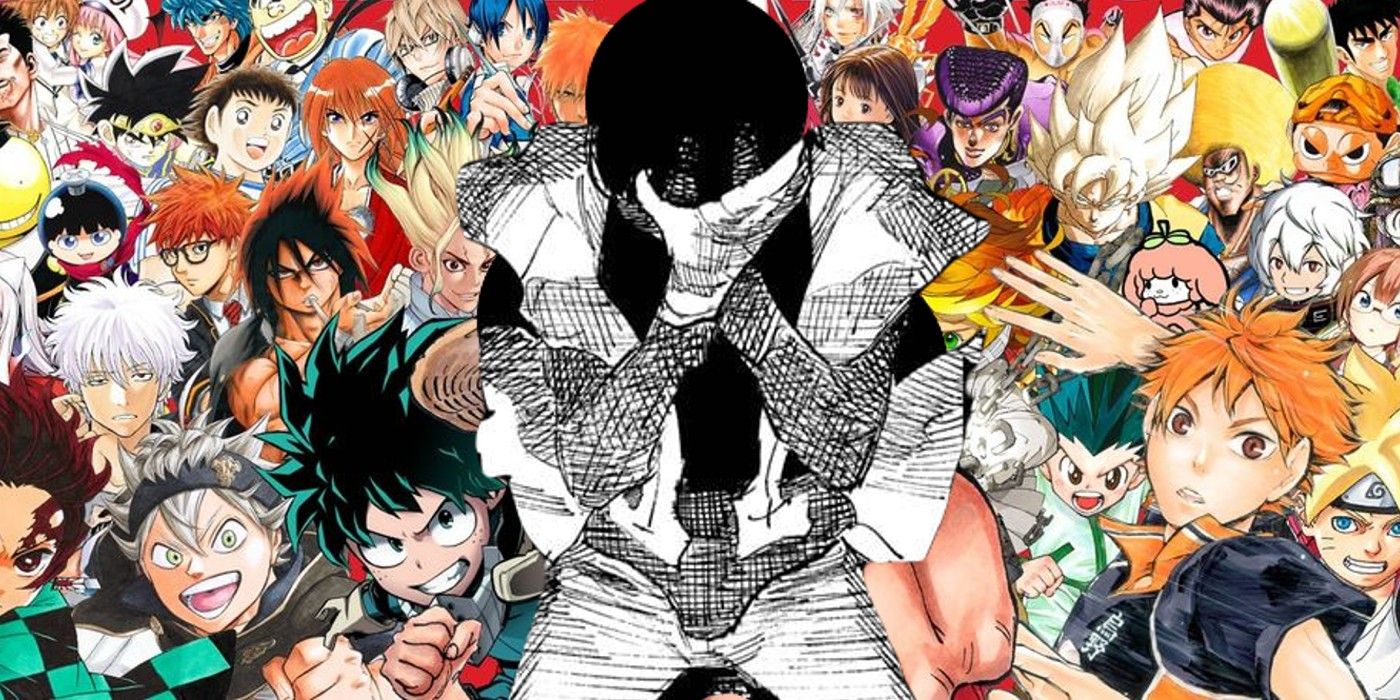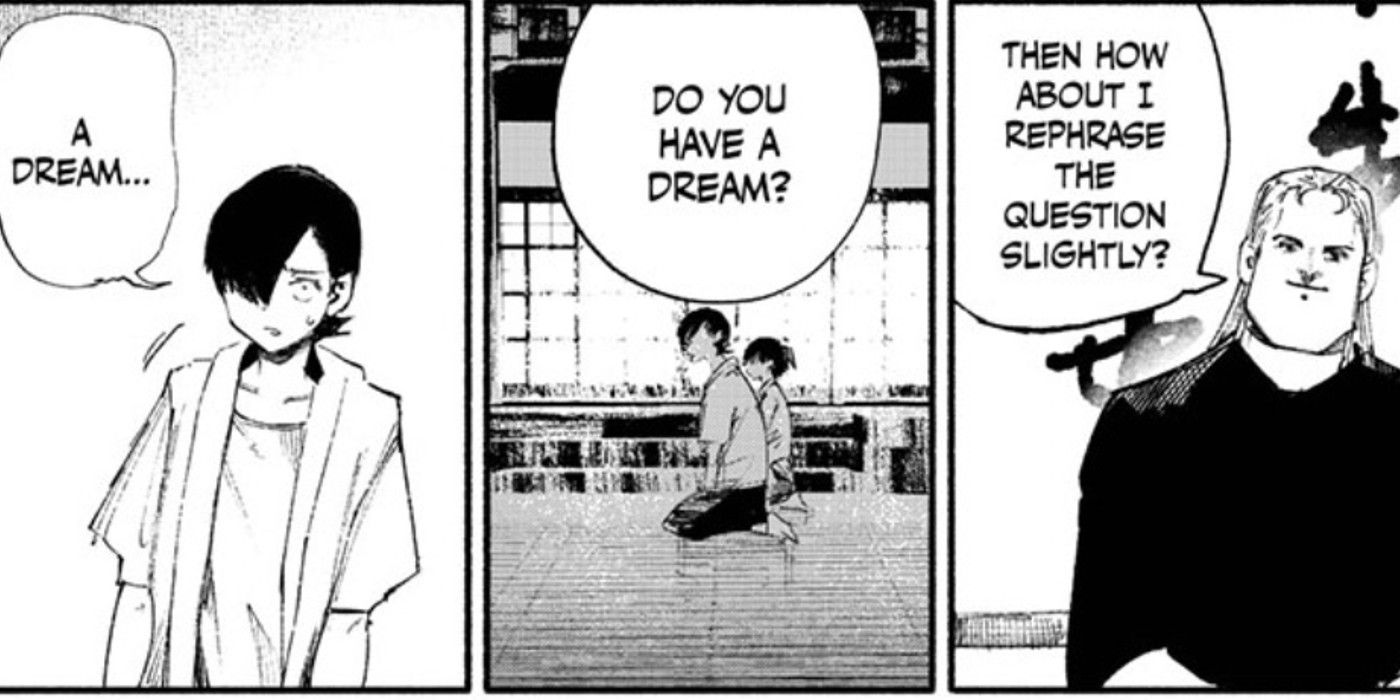Warning! Spoilers ahead for Choujin X chapter 8!
Tokio Kurohara from Choujin X, a new manga by Tokyo Ghoul's mangaka Sui Ishida, is unlike any other hero from Shonen manga because he doesn't have a dream.
Most Shonen manga heroes have something that drives them throughout their journey. But it can't just be anything. It's usually something so ridiculous that all hopes of them achieving it are essentially nonexistent. So the more unattainable it is, the better because the hero is always certain about them achieving their dream. It's the incorporation of these very deliberate components that culminate in the success of so many Shonen manga, as the relentless perseverance of these heroes, despite the overwhelming odds stacked against them, inevitably inspires both the reader and the characters around the hero, even their enemies.
There are some series that alter this formula like Chainsaw Man with Denji's normal dreams. But a protagonist without a dream? That's unheard of--or it was until Choujin X introduced Tokio. Mangaka Sui Ishida doesn't even attempt to hide the fact that his main character doesn't possess any fervent wishes or hopes for his future. Instead, he puts Tokio in a situation where he's literally asked what his dreams are--and he can't answer them.
After getting introduced to Choujin X's version of Anteiku, Yamato Mori, Tokio and his friend Ely Otsuta are tasked with undergoing a test to receive registration that will allow them to use their newfound Choujin powers when they're in peril without punishment. Before taking the exam, the two Choujin are asked a series of questions in chapter eight. The last question is "How do you hope to benefit from your lives?" When Tokio is unable to think of an answer, the question is rephrased to "Do you have a dream?" But, again, he fails to answer.
Of course, Tokio has ideas such as supporting his friend Azuma, but he doesn't dare say this out loud. Earlier on in the manga, Azuma calls Tokio out in a moment of passion for never thinking for himself, an assessment that shakes Tokio to the core. Tokio's complicated relationship with Azuma defines him to such an extent that the vulture Tokio transforms into as his Choujin power is directly correlated to how other people perceive Tokio's role in his relationship with Azuma. Tokio even injects himself with a serum that will transform him into a Choujin so he can stay Azuma's friend in the opening Choujin X chapter. Even though Tokio is naturally compelled to follow Azuma, his resolve is shaken, ironically, by the very person upon whom he bases his life. Shonen heroes are never embarrassed about their dreams, even if it's embarrassing like Asta's obsession with becoming the Wizard King in Black Clover despite his lack of magic.
This rather severe case of identity crisis, fueled by self-doubt, are also shared by mangaka Sui Ishida's protagonist Ken Kaneki in Tokyo Ghoul. After joining the pacifist ghouls of Anteiku, he later has a change of heart in Tokyo Ghoul √A by defecting to the terrorist ghoul organization Aogiri Tree that espouses a completely different philosophy than the ghouls who saved him. Kaneki was even tortured by a member of Aogiri Tree as well. Ironically, when Kaneki finally returns, Ken literally loses his memories and assumes a new identity in Tokyo Ghoul: re during which he is haunted by his past life in the form of hallucinations. Although not as extreme, Choujin X's Tokio also struggles with his identity and what truly matters to him, even when the answer is so obvious for other Shonen manga heroes.


